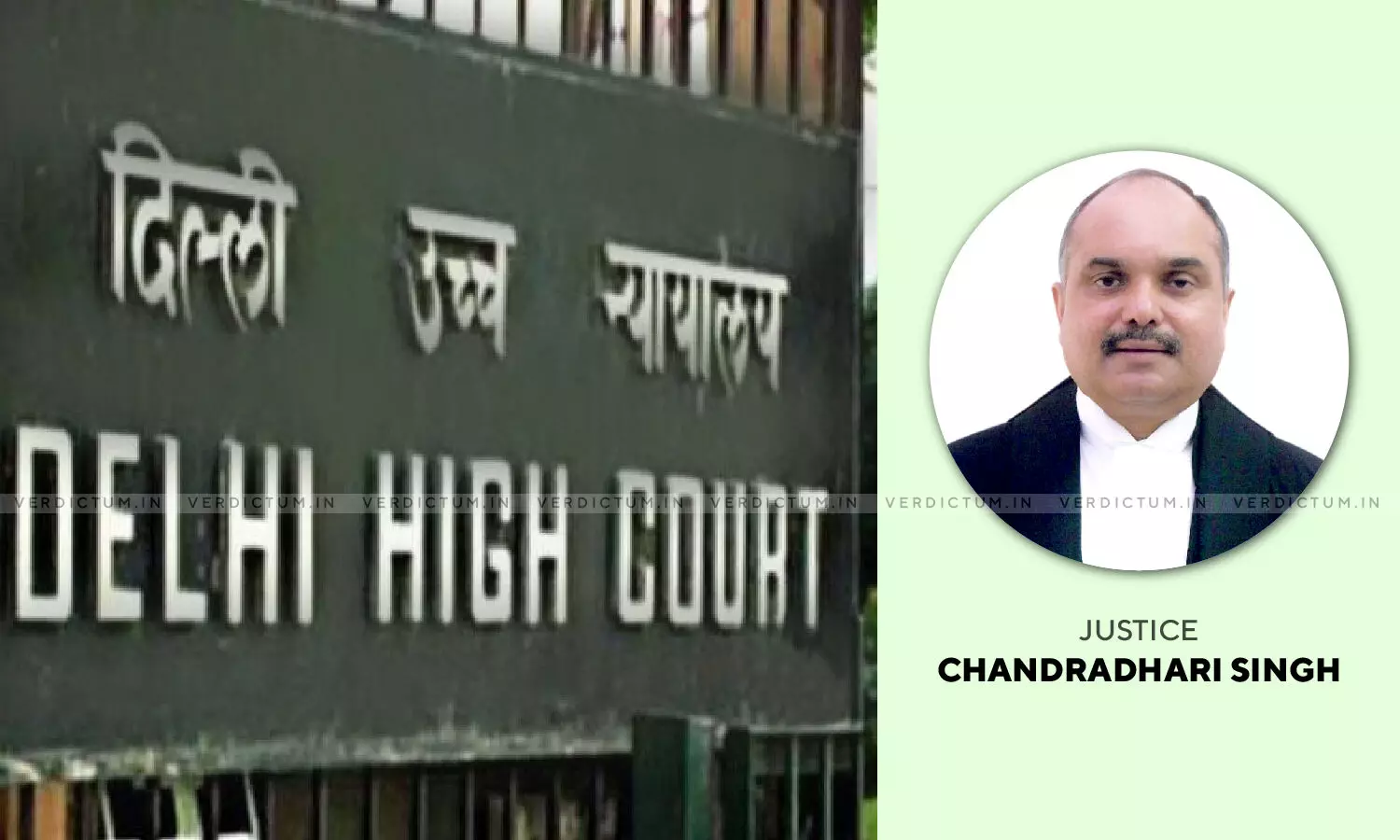
No Proof Of Racial Discrimination: Delhi HC Dismisses Challenge To Extradition Proceedings For Rape Charges In UK
 |
|The Delhi High Court has dismissed the challenge to extradition proceedings by a person accused of committing rape on a lady at a pub in London in 2017.
The Petitioner, Jose Inacio Cota challenged the proceedings by filing a Writ Petition, inter alia on the ground that the proceedings against him in the UK are racially motivated and that he has been falsely implicated on account of his race and colour.
The Petitioner is a Portuguese national and a person of Indian origin who was born in Goa. After the petitioner returned to India, he was charged with the offence of rape in the UK.
In March 2021, pursuant to a request for extradition, the Government of India order a magisterial enquiry under Section 5 of the Extradition Act, 1962 before the Patiala Court, New Delhi. The Petitioner had first approached the Supreme Court challenging the proceedings, which was withdrawn with liberty to avail appropriate remedies.
The Petitioner had also approached the European Court of Human Rights seeking evidence and documents gathered against the Petitioner by the police in the UK.
Before the Delhi High Court also the Petitioner sought full disclosure of evidence collected during the investigation of the crime of rape registered against him in London. He argued that non-disclosure of certain evidence has led to grave injustice.
The Counsel for the Central Government submitted that the Petitioner has been evading surrender before the Special Extradition Court.
"..the evidence envisaged under Section 10 of the Act have been produced before the learned Magistrate for inquiry into extradition proceedings. The Court has to arrive at a conclusion where there is prima facie evidence that an extraditable offence may have been committed. Whether the evidence is sufficient or fit for conviction or acquittal is a matter of trial", the Bench of Justice Chandra Dhari Singh held.
The Court held that the Court of ACMM is the appropriate Court to examine the merit of the evidence provided and the sufficiency thereof. The Court held that the enquiry by the Magistrate is a preliminary enquiry only to ascertain whether a prima facie case can be made against the Petitioner and that the Magistrate noted sufficient reasons to uphold a prima facie case being made, including a number of pieces of evidence as mentioned in the Extradition Petition.
"Furthermore, the petitioner will get adequate opportunity to represent himself, ask for disclosure of evidence, as well as cross-examine the same at the stage of the trial. Thus, it is clear that no violation of the duty to adequate disclosure can be said to have occurred in the present case", the Court held.
The Court also held that the Petitioner has not provided any substantial proof on record to suggest any discrimination that might be applicable against him in the United Kingdom. "A mere unsubstantiated apprehension of discrimination or bias cannot be held to be a sufficient reason to mistrust the state functionaries of the United Kingdom, hence, a case for claiming of relief under Article 9 of the Treaty is not made out", the Court held.
Click here to read/download Judgment